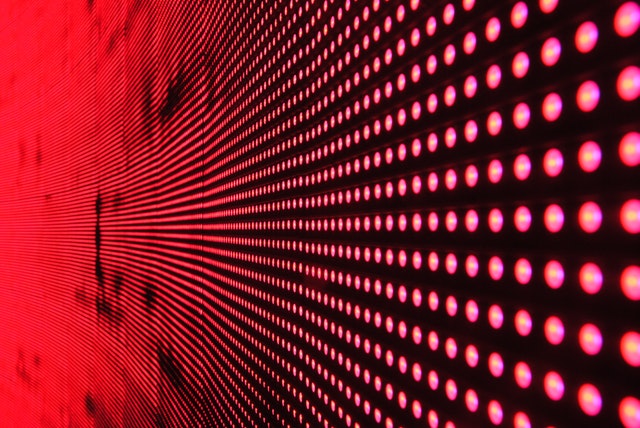Author: Carolyn Blais | Abdul Latif Jameel World Water and Food Systems Lab
The Abdul Latif Jameel Water and Food Systems Lab (J-WAFS) has awarded a 2022 J-WAFS Solutions grant to Patrick S. Doyle, the Robert T. Haslam Professor of Chemical Engineering at MIT, for his innovative system to tackle water pollution. Doyle will be working with co-Principal Investigator Rafael Gomez-Bombarelli, assistant professor in materials processing in the Department of Materials Science, as well as PhD students Devashish Gokhale and Tynan Perez. Building off of findings from a 2019 J-WAFS seed grant, Doyle and the research team will create cost-effective industry-scale processes to remove micropollutants from water. Project work will commence this month.
The J-WAFS Solutions program provides one-year, renewable, commercialization grants to help move MIT technology from the laboratory to market. Grants of up to $150,000 are awarded to researchers with breakthrough technologies and inventions in water or food. Since its launch in 2015, J-WAFS Solutions grants have led to seven spinout companies and helped commercialize two products as open-source technologies. The grant program is supported by Community Jameel.
A widespread problem
Micropollutants are contaminants that occur in low concentrations in the environment, yet continuous exposure and bioaccumulation of micropollutants make them a cause for concern. According to the U.S. Environmental Protection Agency, the plastics derivative Bisphenol A (BPA), the “forever chemicals” per-and polyfluoroalkyl substances (PFAS), and heavy metals like lead are common micropollutants known to be found in more than 85 percent of rivers, ponds, and lakes in the United States. Many of these bodies of water are sources of drinking water. Over long periods of time, exposure to micropollutants through drinking water can cause physiological damage in humans, increasing the risk of cancer, developmental disorders, and reproductive failure.
Since micropollutants occur in low concentrations, it is difficult to detect and monitor their presence, and the chemical diversity of micropollutants makes it difficult to inexpensively remove them from water. Currently, activated carbon is the industry standard for micropollutant elimination, but this method cannot efficiently remove contaminants at parts-per-billion and parts-per-trillion concentrations. There are also strong sustainability concerns associated with activated carbon production, which is energy-intensive and releases large volumes of carbon dioxide.
A solution with societal and economic benefits
Doyle and his team are developing a technology that uses sustainable hydrogel microparticles to remove micropollutants from water. The polymeric hydrogel microparticles use chemically anchored structures including micelles and other chelating agents that act like a sponge by absorbing organic micropollutants and heavy metal ions. The microparticles are large enough to separate from water using simple gravitational settling. The system is sustainable because the microparticles can be recycled for continuous use. In testing, the long-lasting, reusable microparticles show quicker removal of contaminants than commercial activated carbon. The researchers plan to utilize machine learning to find optimal microparticle compositions that maximize performance on complex combinations of micropollutants in simulated and real wastewater samples.
Economically, the technology is a new offering that has applications in numerous large markets where micropollutant elimination is vital, including municipal and industrial water treatment equipment, as well as household water purification systems. The J-WAFS Solutions grant will allow the team to build and test prototypes of the water treatment system, identify the best use cases and customers, and perform technoeconomic analyses and market research to formulate a preliminary business plan. With J-WAFS commercialization support, the project could eventually lead to a startup company.
“Emerging micropollutants are a growing threat to drinking water supplies worldwide,” says J-WAFS Director John H. Lienhard, the Abdul Latif Jameel Professor of Water at MIT. “Cost-effective and scalable technologies for micropollutant removal are urgently needed. This project will develop and commercialize a promising new tool for water treatment, with the goal of improving water quality for millions of people.”
